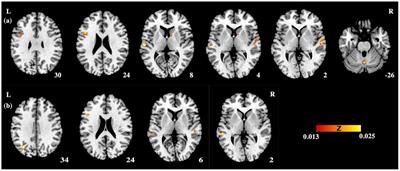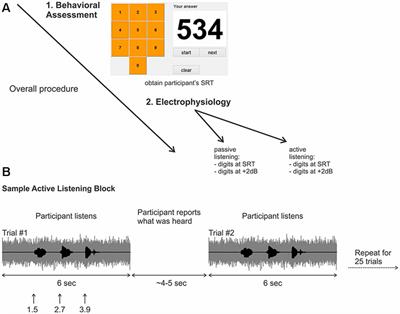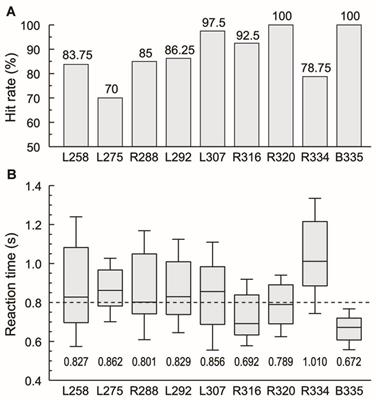ORIGINAL RESEARCH
Published on 26 Jul 2017
A Meta-Analytic Study of the Neural Systems for Auditory Processing of Lexical Tones

doi 10.3389/fnhum.2017.00375
- 4,128 views
- 19 citations
7,512
Total downloads
38k
Total views and downloads
ORIGINAL RESEARCH
Published on 26 Jul 2017

ORIGINAL RESEARCH
Published on 21 Mar 2017

ORIGINAL RESEARCH
Published on 24 Feb 2017

ORIGINAL RESEARCH
Published on 10 Jan 2017

ORIGINAL RESEARCH
Published on 25 Oct 2016

ORIGINAL RESEARCH
Published on 20 Oct 2016

ORIGINAL RESEARCH
Published on 09 Aug 2016
